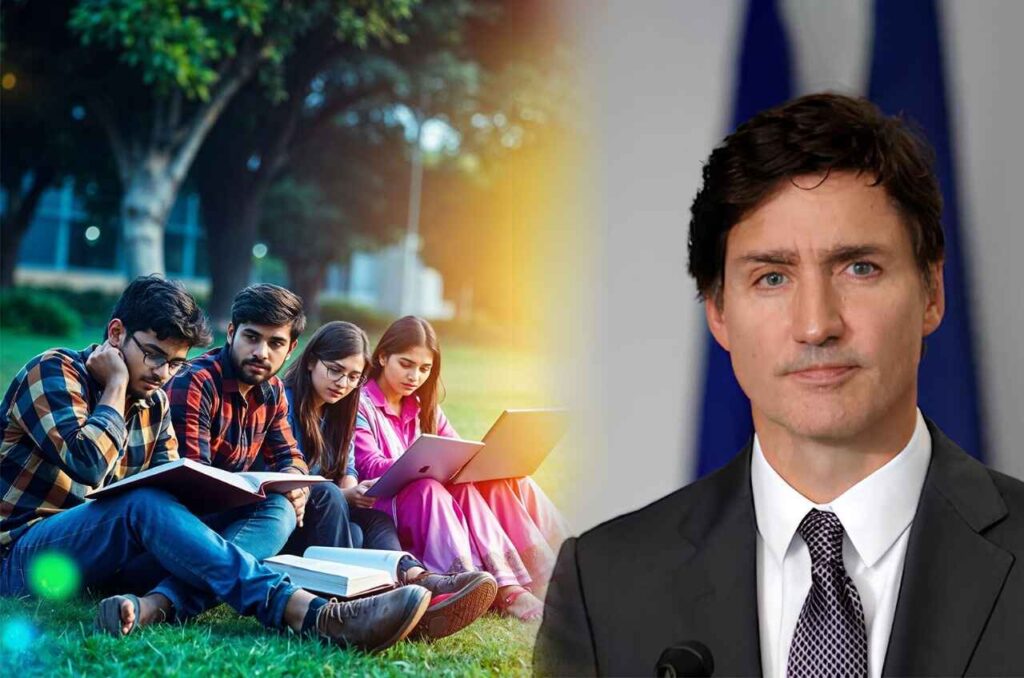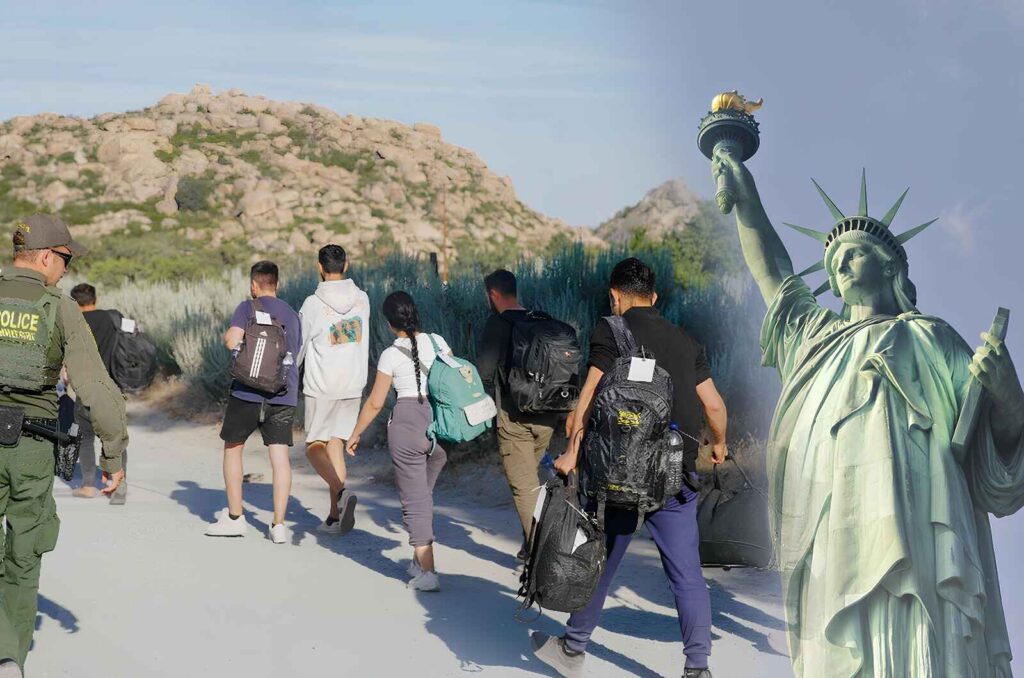Tourism is often seen through the lens of leisure, relaxation, or adventure. However, there’s an important dimension to tourism that isn’t always acknowledged – its potential as a powerful educational tool. For students primarily, travel can provide a unique opportunity for exposure to new cultures, ideas, and ways of life. Let’s extol the virtues of going on a vocation:
Cultural Exchange and Understanding
Traveling exposes students to different cultures firsthand in a way that textbooks cannot replicate. It gives them the chance to interact with local people and understand their customs and traditions more intimately. This kind of cultural immersion fosters empathy towards other cultures and breaks down stereotypes formed by media representations or misconceptions.
For instance, experiencing Japanese tea ceremonies or witnessing Spanish flamenco dances enables one to appreciate these practices’ subtleties beyond what could be gleaned from reading about them alone.
Language Immersion
Language acquisition is another significant advantage students can gain from travelling abroad. Being immersed in situations where they need to navigate using another language accelerates learning out of necessity but also leads to a deeper understanding of linguistic nuances that classroom instruction may not offer.
Students learn not just formal language but colloquial phrases, too – they’re living the language rather than simply studying it!
Self-Reliance and Adaptability
Travel pushes individuals out of their comfort zones; this effect is particularly profound for young adults who are still developing independence skills necessary later in life.
Navigating unfamiliar cities, managing budgets during trips or even dealing with unexpected situations like lost luggage forces learners into problem-solving mode—these experiences cultivate resilience and adaptability, which are essential life skills.
Enhanced Learning Experience
Lastly, travel makes education tangible and exciting. Rather than being passive receivers of knowledge, students become active seekers. They have the opportunity to witness historical sites, study history, science, and nature, and explore ecosystems firsthand. This hands-on experience brings lessons alive and promotes a lasting understanding of the subject matter.
Let’s Sum Up
In the end, we can say that tourism offers a diverse platform for growth and development that goes beyond traditional academic boundaries. It not only improves cultural sensitivity and expands our perspectives on the world but also equips us with practical skills that are invaluable throughout our lives. As Mark Twain wisely stated, “Travel is fatal to prejudice, bigotry, and narrow-mindedness.” Many people are in great need of broad, wholesome, and charitable views of others and the world, which cannot be acquired by staying in one place all our lives. So, the next time you consider a class trip, remember that the journey itself is just as important as the destination.


